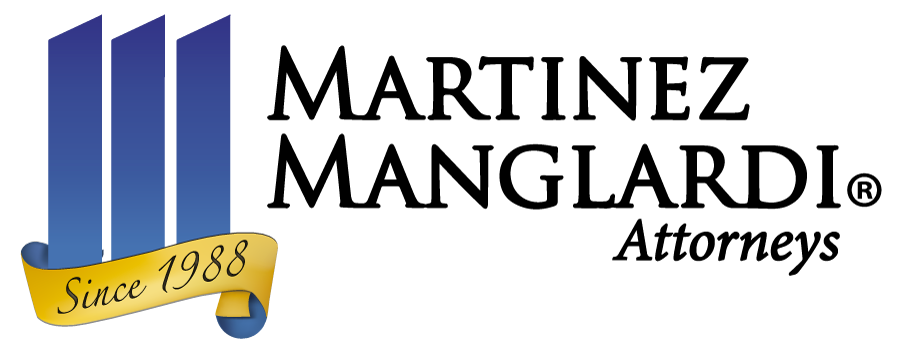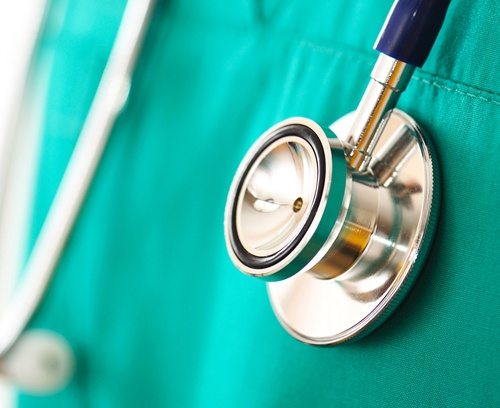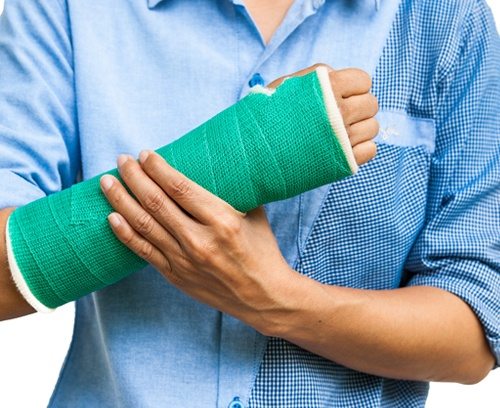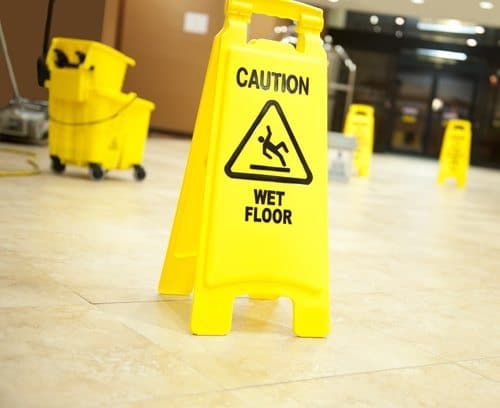 No time is ever good, but if you had to pick the worst time to go the hospital, it might well be a weekend in July. Statistically, your chances of becoming a victim of medical injury are generally higher on the weekend. And higher still in July because new medical staffers are just coming on the job. Your odds of getting out alive are even worse if you wind up in a teaching hospital. July is when new doctors start the learning curve.
No time is ever good, but if you had to pick the worst time to go the hospital, it might well be a weekend in July. Statistically, your chances of becoming a victim of medical injury are generally higher on the weekend. And higher still in July because new medical staffers are just coming on the job. Your odds of getting out alive are even worse if you wind up in a teaching hospital. July is when new doctors start the learning curve.
The notion of a rise in hospital death and medical injury from the “July Effect” –of new doctors learning the ropes — is part of patient safety lore, but it’s real (mostly). July is when medical school graduates begin to practice medicine as residents at teaching hospitals. Often at teaching hospitals, residents do the work that a patient assumes that his surgeon is doing. Residents are supposed to perform procedures under a doctor’s supervision, but often a doctor will be “supervising” two or three procedures at once.
Medical Injury and The Weekend Effect
Researchers agree that there is a higher risk of death and injury if a patient is admitted on a weekend.
The journal Chest says that patients admitted to the ICU over a weekend face an 8-14% increased risk of death. Authors speculate that may be because of short staffing or it may be harder to get lab tests.
A study in the Journal of Surgical Research 2016 found hospitals made about the same amount of medical mistakes during the week as on the weekend. The difference, researchers say, is that the hospital was able to respond to these “adverse events” better during the week. This may be because it is easier to get lab work, or more specialists are available.
Sources:
https://www.forbes.com/sites/robertglatter/2015/07/06/should-you-be-concerned-about-the-weekend-effect/#6e2c6cd6de39
https://www.ncbi.nlm.nih.gov/pubmed/26265383
https://www.medpagetoday.com/meetingcoverage/scai/65285
http://www.sciencedirect.com/science/article/pii/S0022346814000050
https://www.ncbi.nlm.nih.gov/pubmed/23465873





